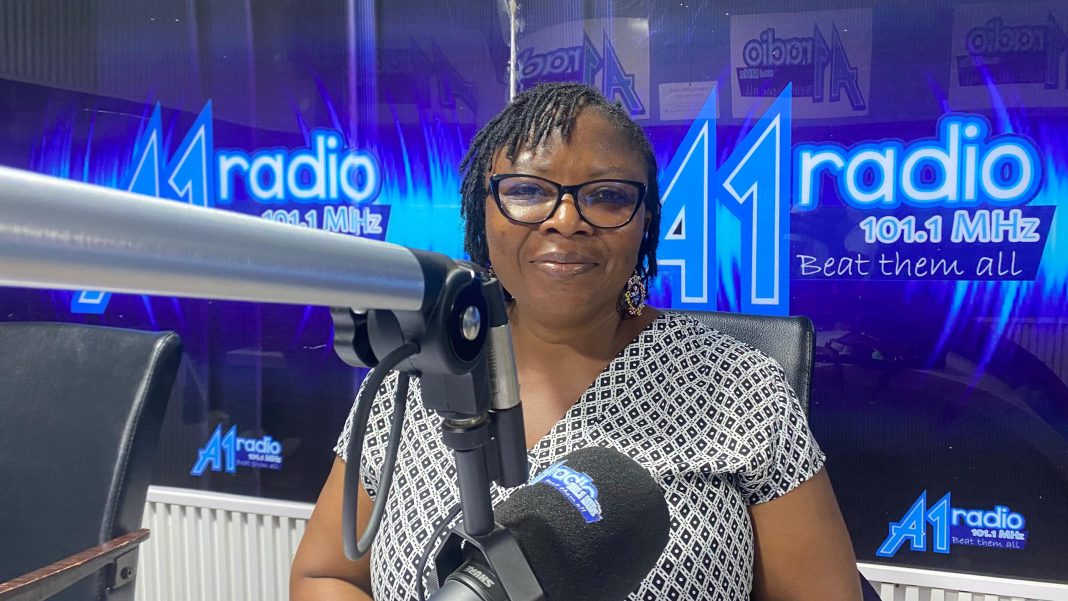Children who survive abuse in the Upper East Region are left dangerously exposed due to the absence of government-run shelters, according to the Regional Director of the Department of Children, Georgina Aberese-Ako.
In an interview on A1 Radio’s Equal Voices, Ms. Aberese-Ako said the lack of safe facilities forces victims and their families into precarious situations. “Everything concerning children is our concern, but we cannot do it alone,” she said, urging stronger collaboration from stakeholders, especially the media, to report cases and drive public awareness.
A recent case in Bawku highlights the urgency. Two girls, ages 4 and 7, were victims of defilement — sexual abuse of a child under 16. Ms. Aberese-Ako said the children should have been removed from the community and placed in a protected shelter. “Unfortunately, no government facility exists here in the Upper East. Private homes are the only temporary solution,” she said.
Social and cultural pressures often worsen the problem. Families sometimes push to settle cases privately to avoid “washing dirty linen in public.” But Ms. Aberese-Ako stressed that offenses such as defilement, rape, child marriage and female genital mutilation are criminal matters that cannot be resolved at home. “These are criminal offenses. They require intervention from the authorities,” she said.
Even when cases are reported, police face pressure from community members to drop or soften them, leaving children without protection during investigations.
The Department of Children provides counseling and works with government and non-government partners to support victims, but Ms. Aberese-Ako said resources and infrastructure remain inadequate.
The Bawku incident reflects the wider reality for vulnerable children across the Upper East Region. Without a government-run shelter, abused children risk retraumatization and further harm, leaving families and social workers with few safe options.
Source: a1radioonline.com|101.1Mhz|Keziah Porepeya Nsoh|Bolgatanga


